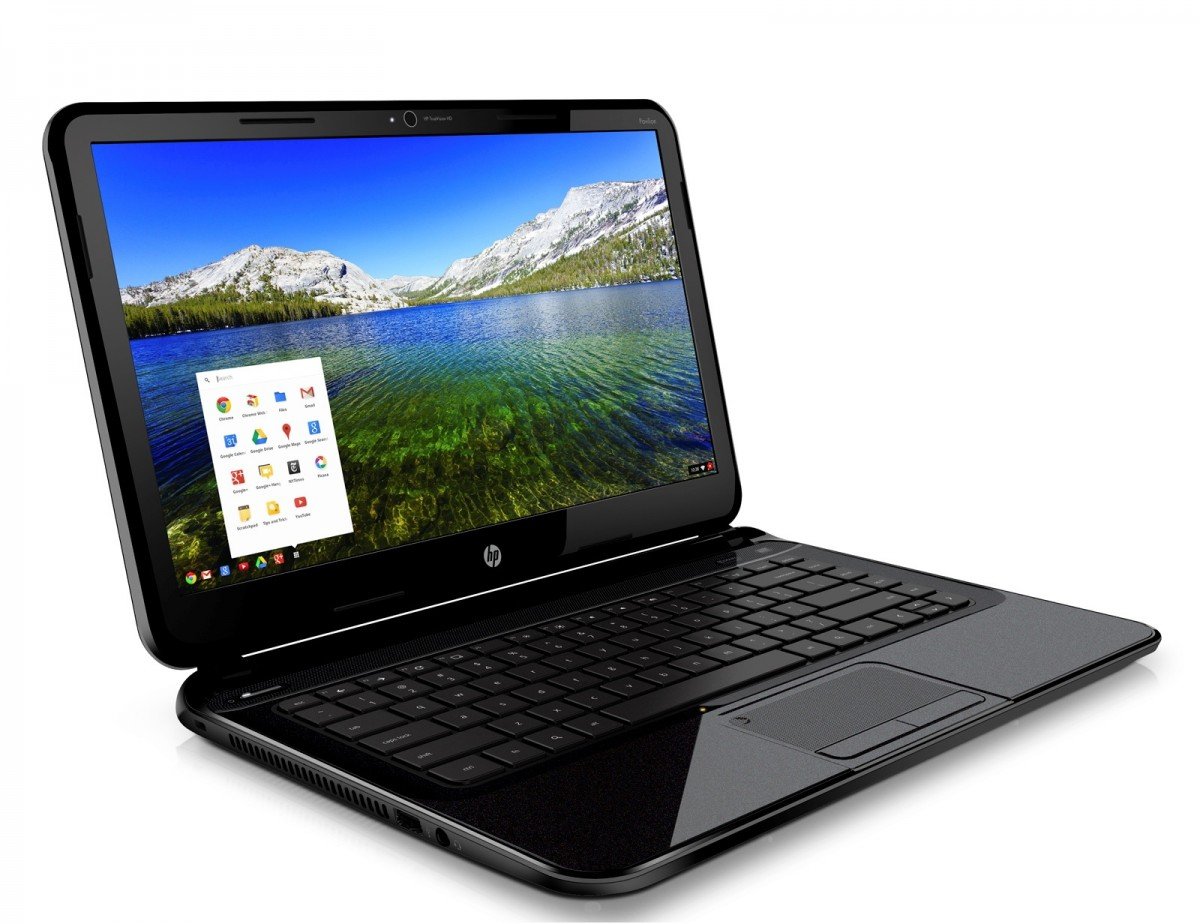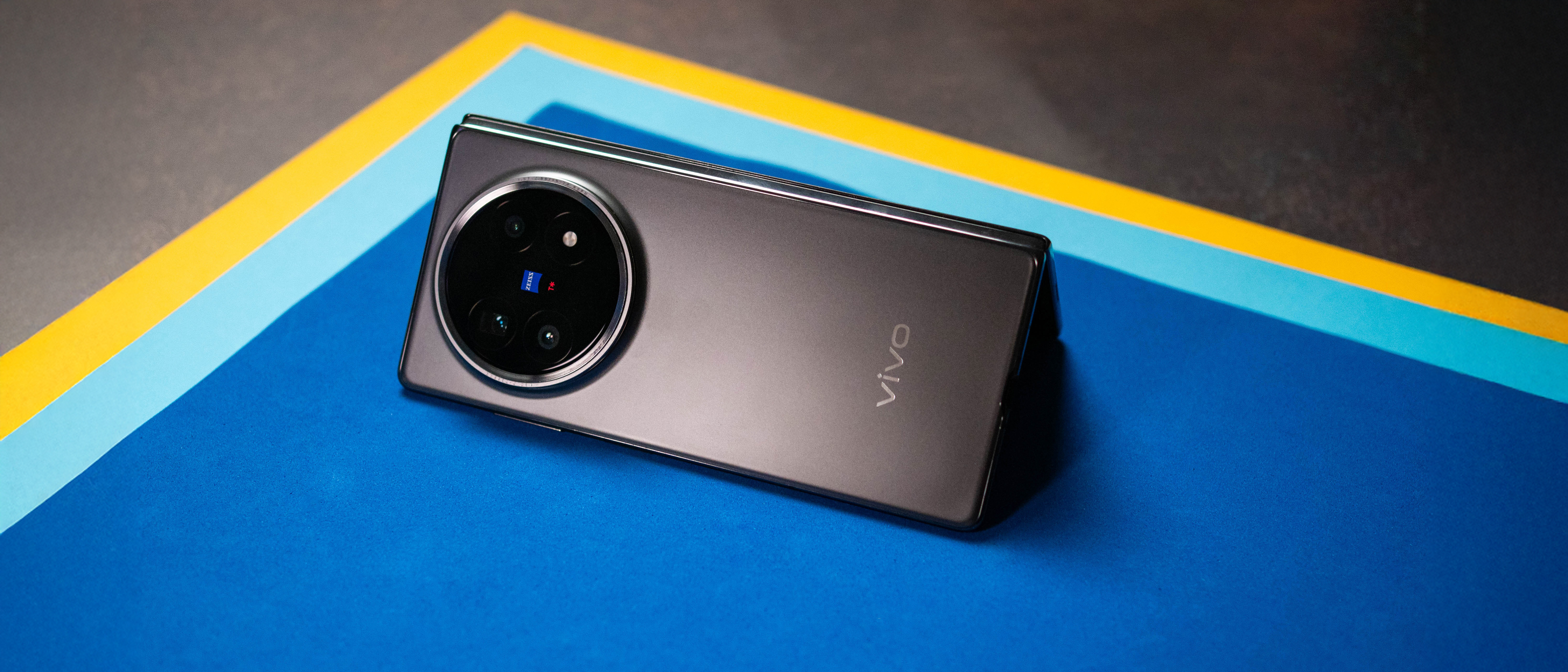HP debuts new Pavilion 14 Chromebook for $329

The last few months have brought us quite a bit of new hardware on the Chrome OS front, and that's continuing today with HP's Pavilion 14 Chromebook. This is HP's first entrance into the Chromebook market, which has been rumored for some time, with this nicely affordable machine. As the name implies we're looking at a 14-inch 1366x768 display, stuffed in a black chassis that's under an inch thick and just 3.96 lbs. On the specs front, we're looking at a 1.1GHz Intel Celeron processor, 2GB (or 4GB) of RAM, 16GB flash storage, HDMI video out and 3 USB 2.0 ports.
The new Pavilion 14 is on sale for $329.99, which is a bit more expensive than the offerings from Samsung and Acer at $249.99 and $199.99. We're not sure how HP is looking to position this product, but its clear now that Google isn't giving up on its vision of having Chromebooks become a mainstream product.
Source: Google Chrome Blog; HP
Get the latest news from Android Central, your trusted companion in the world of Android
Andrew was an Executive Editor, U.S. at Android Central between 2012 and 2020.

